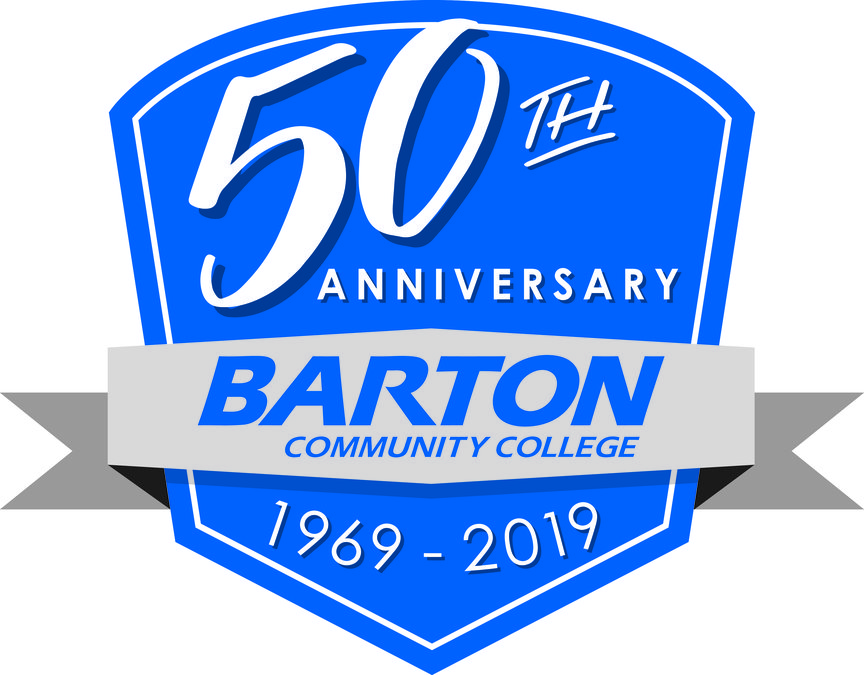Revenue at Barton Community College is up about $1 million from this time last year, mostly due to increased enrollment, but that means expenses are up by about the same amount. BCC Vice President Mark Dean shared this information Tuesday when he reviewed the January financial statement with the board of trustees.
Dean presents a financial report at each board study session, listing claims over $5,000. The largest claim in January, for $41,935, was to Ellucian Company LP for the monthly Cloud bill.
“You’ll see that every month,” Dean told the trustees, reminding them that the service was approved to move Barton data to the cloud. Trustee Mike Boys, who joined the board in January, asked if this monthly expense results in similar savings elsewhere and Dean said it does.
“It eliminates 60 servers that were scheduled to be replaced,” Dean said.
While saving money on hardware and maintenance, the transition to the cloud is also more secure, said Mike Johnson, chairman of the trustees.
Overall, Dean said the college continues to be in good shape financially. Cash reserves as of Jan. 31 were 61% of the budget, compared to 60% at the same time last year.
Tuition and fees
The financial report was followed by a discussion of tuition and fees for the current year, compared to other Kansas community colleges. Dean did not present a recommendation for an increase in 2020-2021, but he didn’t rule one out. “We may be bringing you recommendations for increases,” he said of upcoming meetings.
In the past, trustees approved regular tuition and fees for in-district, in-state, out-of-state, international and online students. The flat fees are normally $40 per credit hour when charged. Fort Riley, Fort Leavenworth and Grandview Plaza students don’t pay these fees, and there are no fees charged for online courses.
However, some classes have individual course fees. These fees typically pay for items such as:
• Items the students take with them such as uniforms, lab kits, tools and welding helmets
• Certification tests
• Specialized insurance
• Subscriptions to services
• Consumables, such as metal used in a welding class
These fees can be changed each semester but until now the college trustees haven’t had to concern themselves with setting individual course fees. That will change in the future because the Kansas Board of Regents is going to approve fees for SB 155 courses.
“KBOR has never approved fees before,” Dean said.
Senate Bill 155 (now called the Excel in CTE Initiative) was launched by Gov. Sam Brownback in 2012. It allows high school students to take some vocational courses from community colleges and technical schools without paying tuition. The schools waive the tuition and are reimbursed by the state. “Some colleges charged fees, but we did not,” Dean said. For individual course fees, SB 155 will now pay for items the students take with them but won’t pay for consumables.
Excel in CTE has been popular but the state hasn’t always had enough money to reimburse colleges for the full amount. This time last year, in testimony to the House Appropriation Committee from a representative for Kansas Technical Colleges, legislators were reminded that “the original legislation (SB 155) prohibits the colleges delivering the programs in Excel in CTE from charging any tuition and fees, limiting their ability to even recoup their costs should funding fall short in any given year.”
That did change at some point. In 2018, The Kansas Board of Regents updated a document listing SB 155 “Frequently Asked Questions,” noting high school students admitted to a career technical education course may be charged fees but shall not be charged tuition. Fees are defined as “those charges assessed against a student ... for student services, such as health clinics, athletic activities and technology services, or for books, supplies or other materials necessary for a particular course or program, the expense of which is not covered by tuition.”





